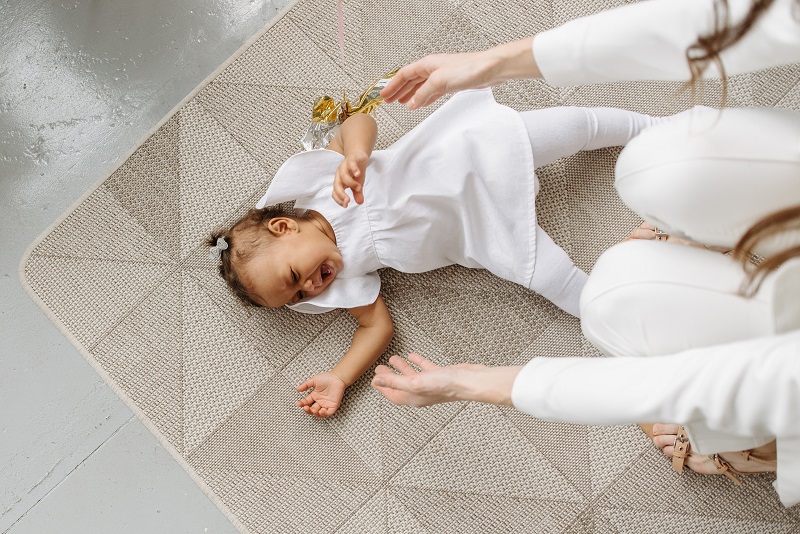
“Managing her is an impossible task.”
“She’s just seeking attention!”
“She’s constantly fidgeting and can’t seem to sit still.”
We may see this behavior as intentional, silly, or rude, and the list goes on, but before we leap to judgments, we must first grasp what autism spectrum disorder (ASD) is.
We should understand that their behavior is not abnormal or dysfunctional but merely different from what is considered typical. We must view their behavior as a result of their unique brain wiring rather than a deliberate attempt to disrupt the class.
This raises an important question: How can we support children with autism in the classroom?
How to support children with autism in the classroom?
It’s crucial to acknowledge that ASD is a developmental disability, not a learning (intellectual) disability. Although ASD does not fall under the category of a learning disability, it may still present obstacles to academic achievement by affecting communication, socialization, and other fundamental aspects of a child’s behavior and growth. Nevertheless, we can overcome these barriers by employing efficient academic strategies tailored to students with autism.
Each child with autism is unique, and what works for one child may not work for another. Nonetheless, there are certain measures we can take to establish a favorable learning atmosphere.
Social stories
Social stories are a helpful tool for teaching kids with special needs appropriate behaviors. They use pictures or words to guide children who have trouble in new social situations, like in class, on the playground, or at the doctor’s office. Social stories can be used for many situations and can be changed to fit your child’s needs. They are usually split into small steps with words and pictures that explain the social situation clearly.
Visual Aids
Visual support can be useful for helping children with autism communicate effectively. These supports use pictures and images instead of just words to help the child understand. Most children with ASD learn better with visual aids. Using pictures to communicate can make things easier and less frustrating for them. For instance, a child who has trouble with changes like leaving home and going to school can benefit from seeing pictures that show the steps they need to take.
Routines
Children with autism do well when they have a predictable and organized environment. It’s good to set routines early on and try to keep them the same every day. When everything around them is always changing, having a routine can make them feel better and more supported. It’s helpful to explain the routines clearly and go over them every day.
Positive Reinforcement
Positive reinforcement is part of applied behavior analysis (ABA) therapy, which is the most common method for treating autistic children, which helps them learn and behave better. It works by giving rewards and incentives to encourage good behavior and discourage bad behavior. Positive reinforcement is anything that happens after the behavior, which makes the child want to do it again. It’s important because it helps kids with ASD learn new things and improve their skills. A reward or activity only counts as positive reinforcement if it strengthens the behavior.
Social Interaction
Helping students with autism interact with others is an important part of their education. Sometimes, they want to interact, but don’t know how or feel overwhelmed. Some students know they struggle socially and avoid it, while others seek attention until they learn how to interact. Social development includes skills like paying attention and communication, and can be improved with practice. Improving social skills will make them more interested in interacting with others.
It’s a big job to support a child with autism in the classroom, but it’s a very important and satisfying one. By helping children with ASD to learn better, we can make their education more enjoyable and helpful. This can also help them to achieve their full potential in the future.
Take on the Challenge
Nurture Pods believes that everyone is important, including special needs students. We can assist these students in joining classrooms while also helping them develop the skills and motivation they need to do well. We’ll work with you to understand your child’s needs and plan how to support them. If you’re interested in improving your child’s education, contact us today.
Written by: Alex Liau
Published on 7 July 2023





